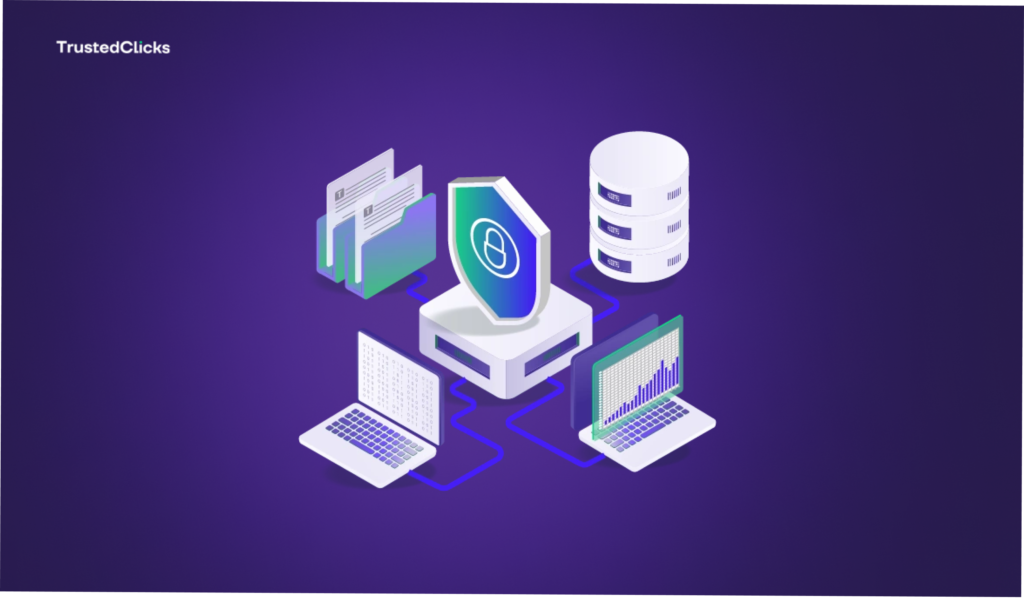- E-Commerce Security, Affiliate marketing
The Role of IP Geolocation in E-commerce and International Marketing


In today’s fast-paced digital world, businesses are increasingly moving towards online platforms to reach customers worldwide. The internet has broken down geographical barriers, allowing businesses to expand their reach far beyond their local markets. However, the digital landscape also presents its own set of challenges. One of the key tools that has emerged to help businesses navigate these challenges is IP geolocation.
What is IP Geolocation?
IP geolocation refers to the process of identifying the physical location of a device connected to the internet based on its IP address. An IP address is a unique string of numbers assigned to each device that connects to the internet. By analyzing the IP address, businesses can determine various aspects of the device’s location, including the country, region, city, and even the approximate latitude and longitude.
IP geolocation plays a crucial role in e-commerce and international marketing by helping businesses personalize their offerings, improve user experience, and optimize marketing strategies for different regions.
Why is IP Geolocation Important for E-commerce?
For e-commerce businesses, IP geolocation offers a wealth of opportunities to enhance both customer experience and operational efficiency. Here are a few reasons why IP geolocation is so important in e-commerce:
1. Personalized User Experience
Consumers today expect a personalized shopping experience. One way to offer this is by tailoring content based on a user’s location. For instance, an e-commerce website can adjust the language, currency, and product recommendations according to the user’s country or region. This can significantly improve conversion rates by providing a more localized and relevant experience.
For example, if a user visits an online clothing store from the UK, the website could automatically display prices in British Pounds and suggest products that are popular in that region. By leveraging IP geolocation, businesses can offer a customized shopping experience without the user needing to select their location manually.
2. Localized Content and Pricing
Different regions have different needs, preferences, and purchasing power. Through IP geolocation, businesses can tailor their product offerings to better suit the local market. For example, certain products may be more popular in one region than another, and IP geolocation can help identify these preferences.
Moreover, pricing strategies can be adjusted based on local factors such as average income levels, competition, and regional demand. For instance, an online store selling electronics may adjust the price of a product based on local economic conditions, ensuring that customers in different countries are charged fairly and competitively.
3. Fraud Prevention and Security
IP geolocation is also a valuable tool for detecting and preventing fraud in e-commerce. By analyzing the IP address of a user, businesses can identify suspicious patterns, such as a sudden purchase attempt from a region where the user typically doesn’t reside.
For example, if a customer from the U.S. attempts to make a purchase from an IP address located in a high-risk country, the system may flag the transaction for review or require additional verification. This helps businesses protect themselves from fraudulent transactions and chargebacks.
4. Targeted Marketing and Advertising

In international marketing, IP geolocation enables businesses to create highly targeted advertising campaigns. By knowing the location of their audience, businesses can deliver location-specific advertisements, promotions, and offers.
For example, if a business wants to promote a special discount for customers in a particular region, they can use IP geolocation to serve the relevant ads only to users within that geographic area. This can increase the effectiveness of marketing campaigns and reduce ad spend waste by ensuring that the right audience sees the ads.
5. Optimizing Delivery and Logistics
E-commerce companies that ship physical goods can benefit greatly from IP geolocation in managing their logistics. By knowing the customer’s location, businesses can optimize shipping routes and delivery times. Additionally, companies can estimate shipping costs more accurately, improving transparency and customer satisfaction.
For instance, a customer in a remote area may require a different delivery option than someone in a metropolitan city. By using IP geolocation, e-commerce businesses can offer the most efficient and cost-effective delivery methods based on the customer’s location.
IP Geolocation in International Marketing
International marketing is an essential aspect of any global business strategy. As companies expand into new markets, understanding the specific needs and preferences of consumers in different regions becomes paramount. Here’s how IP geolocation can significantly enhance international marketing efforts:
1. Adapting to Local Market Conditions
Markets vary greatly from one country to another. Differences in culture, language, and consumer behavior can have a significant impact on marketing strategies. IP geolocation provides businesses with the data they need to adapt their marketing efforts to suit local preferences.
For example, if an international clothing retailer is expanding into a new market, IP geolocation can help them understand the preferred styles, colors, and sizes of clothing in that region. They can then adjust their inventory and marketing campaigns accordingly.
2. Geo-targeted Campaigns
One of the most powerful aspects of IP geolocation in international marketing is the ability to launch geo-targeted campaigns. These campaigns are tailored to specific geographic locations, ensuring that the right message reaches the right audience at the right time.
For instance, if a business wants to promote a limited-time offer in a specific country or region, they can use IP geolocation to target users within that geographic area. This approach increases the likelihood of higher engagement and conversions by ensuring that the campaign resonates with local consumers.
3. Cultural Sensitivity in Marketing Messages
Cultural sensitivity is a critical factor in international marketing. IP geolocation allows businesses to identify the region of a user, which in turn helps them craft marketing messages that are culturally appropriate and relevant.
For example, certain colors, symbols, or phrases may have different meanings across cultures. By leveraging IP geolocation, businesses can avoid cultural faux pas and tailor their messaging to align with local customs and values.
IP Geolocation In Optimization Of Global SEO Strategies
IP geolocation also plays a crucial role in search engine optimization (SEO) for international businesses. Search engines like Google use a variety of factors to determine which content to display in search results, including the user’s location.
By understanding the location of their audience, businesses can optimize their website content and keywords for specific regions. For instance, a company targeting customers in France might focus on French language keywords, while a business targeting customers in Japan might use keywords in Japanese. This ensures that the business ranks higher in local search results, driving more organic traffic from international markets.
Geo-fencing and Location-based Offers
Another innovative way that IP geolocation can be utilized in international marketing is through geo-fencing. This involves setting up virtual boundaries around specific geographic locations. When a customer enters the geo-fenced area, they can receive location-based offers or notifications on their mobile devices.
For example, an international coffee chain could use geo-fencing to send special offers to customers when they are near one of their stores in a specific country. This real-time, location-based marketing tactic can significantly increase foot traffic and drive sales in physical stores.
Frequently Asked Questions About IP Geolocation in E-commerce and International Marketing
What is IP Geolocation?
IP geolocation is the process of determining the physical location of a device connected to the internet based on its IP address. It helps businesses identify the country, region, city, and sometimes the exact location of the device, allowing for location-based customization of content and services.
How can IP Geolocation benefit e-commerce businesses?
E-commerce businesses can use IP geolocation to provide a more personalized shopping experience for their customers. This includes displaying content in the customer’s language and currency, recommending products based on regional preferences, adjusting pricing according to local economic conditions, and optimizing shipping and logistics for faster delivery.
Can IP Geolocation improve targeted advertising?
Yes, IP geolocation allows businesses to deliver targeted advertisements based on a user’s location. This means that ads, promotions, or offers can be tailored to specific countries, regions, or even cities, improving the relevance of the marketing campaign and increasing the chances of customer engagement and conversion.
How does IP Geolocation affect international marketing?
In international marketing, IP geolocation enables businesses to tailor their marketing strategies to the local market. By understanding the geographic location of their customers, businesses can adapt their messaging, offer region-specific promotions, and launch targeted advertising campaigns that resonate with local preferences and cultural nuances.
Conclusion
In the world of e-commerce and international marketing, IP geolocation has proven to be an invaluable tool for businesses seeking to enhance customer experience, personalize content, and optimize marketing efforts. By leveraging the power of IP geolocation, businesses can make data-driven decisions that improve user engagement, streamline operations, and expand their global reach.
As the digital landscape continues to evolve, the role of IP geolocation in shaping personalized, location-based experiences will only grow more important. E-commerce businesses and marketers who understand and harness this powerful tool will be well-positioned to thrive in an increasingly competitive global marketplace.
Table of Contents
Join our community!
Subscribe to our newsletter for the latest updates, exclusive content, and more. Don’t miss out—sign up today!
Recent Posts

Integrating IP Quality Scores into Your Web Analytics for Better Insights
- 4 mins read

Understanding Bot Detection: A Key to Securing Digital Environments
- 4 mins read

The Role of VPN Detection in Cybersecurity and Fraud Prevention
- 6 mins read



